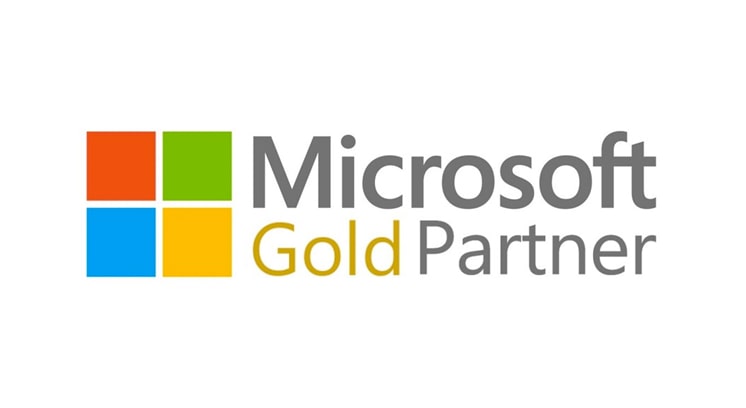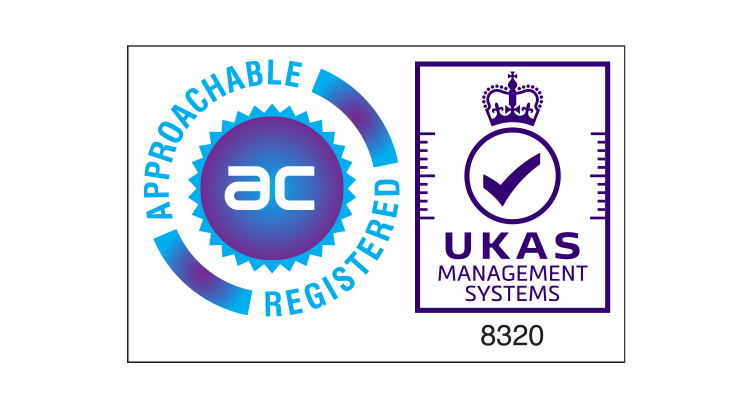The NHS Staffing Crisis
Health & Social Care
Mobile Working
Our solutions mobilise all elements of a clinician’s role, not just individual aspects. From providing access to all relevant patient records to completing required assessment forms and updated expenses.




The Current Situation
The staffing crisis within the NHS was an issue long before the pandemic. The pandemic, however, has made existing problems more intense and was perhaps the “last straw” for many frontline staff. The latest figures report that 132,139 roles are vacant, with the current workforce stretched beyond capacity. It is a lesser-known fact that the NHS is among the world’s largest employers, employing around 1.22 million. This makes a survey published by the British Medical Association even more alarming: almost half of NHS doctors plan to leave within a year, the survey warned, noting that the NHS risks “complete collapse” without action.

Why are there so many vacancies, and why is filling them so difficult?
Pressure on the NHS
Internally, the NHS is caught in a vicious staff capacity cycle. The stress placed on staff and how they spend their time makes working conditions challenging and needlessly complicated. Care at Home staff are under pressure to conduct more visits in less time over greater distances to meet demand.
So, what can NHS trusts do in the face of this crisis?
Managing this environment is a significant challenge, to put it lightly. Many are looking towards connected healthcare platforms to regain control of agency staff spending. This is in an effort to retain staff, save resources and, most crucially, enhance patient care.
Advanced mobile communications and field service management platforms are vital to the present and future of healthcare in the UK. It’s a bold claim, but it does have substance.
Health & Social Care Software
This investment will also ensure that the NHS can deliver new treatments to patients faster, tackle health inequalities, and enhance patient care by supporting more diverse and inclusive treatment. Trust leaders should highly consider every investment, choosing technology that removes lengthy, manual activities and leverages skill-matched dynamic scheduling to put the right people on the roster at the right time. Together, this will enable greater capacity to deliver services and empower staff to easily access and record patient info at the point of care.

”"Modernising our Care at Home Service with Totalmobile enables us to direct more of our staff time towards delivering support, making us more efficient."
Scott McNeillService Manager for registered Care at Home Services at South Lanarkshire
Field Service Software in Health & Social Care
Applying Service Software to Health & Social Care
Clinicians with instant access to comprehensive information at the point of service can spend more time assessing the patient’s needs. This cuts out wasted time completing repetitive forms or trying to access multiple back office systems. The same applies to a new care worker meeting a patient for the first time. They are armed with all the critical information and notes required to deliver personalised, quality care.
- Providing staff access to information at the point of service improves information retrieval. This can have a powerful impact on other elements of staff roles. Smoother information retrieval creates a less stressful and frustrating working environment and provides a better work-life balance, improving morale and aiding staff retention.
- Health and care providers can also share information and access across departments. This ensures staff follow standardised processes and remain compliant.
- Technology can ultimately enhance the digital maturity of the NHS, resulting in a journey that can include such technologies as skill-based dynamic scheduling, centralised resources and data analytics.
- It encourages the focus on the frontline worker, providing them with access to devices, empowering data capture and information and optimising services to make them more efficient. The positive impact this has on community healthcare workers’ way of working will ultimately improve how they can deliver care and improve patient care outcomes as a result.
Totalmobile in Health & Social Care
Totalmobile is at the forefront of digital transformation in the UK healthcare market. We provide solutions that transform the delivery of community health, mental health, and social care services. Focusing on the clinician’s needs empowers them to focus on delivering better patient outcomes. Specifically, we have extensive experience working with leading health and social care organisations across the UK, enabling meaningful change.







